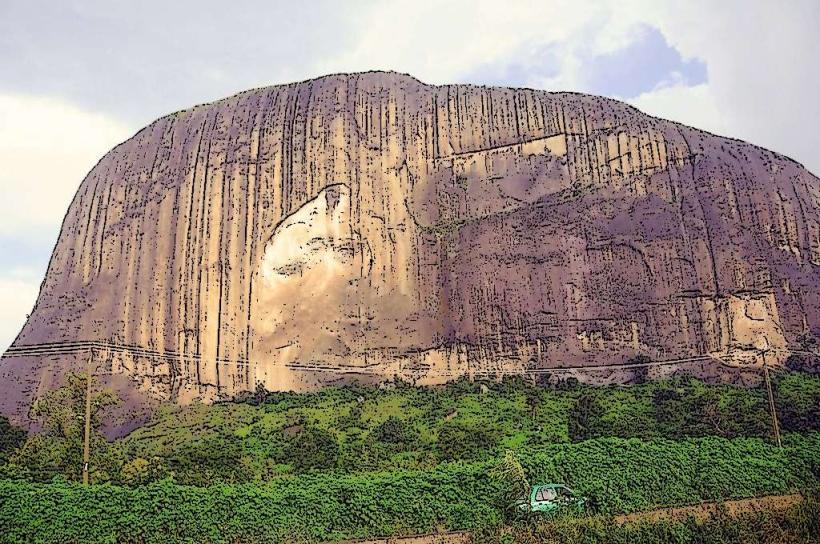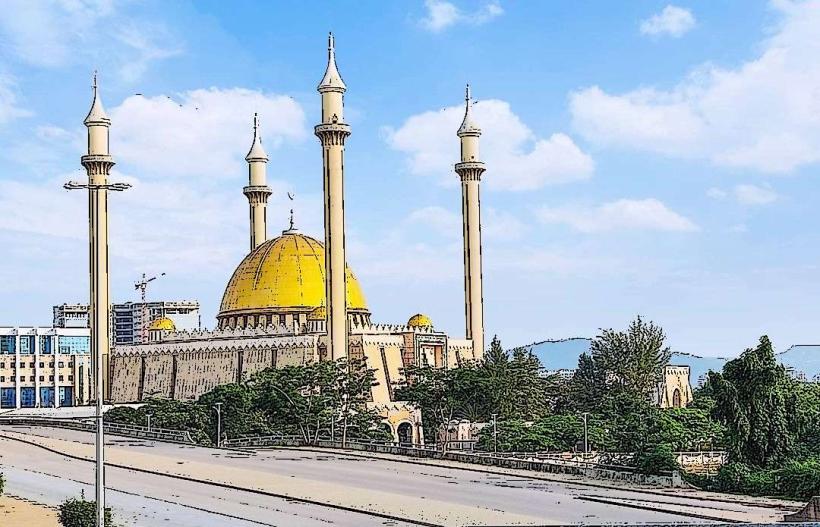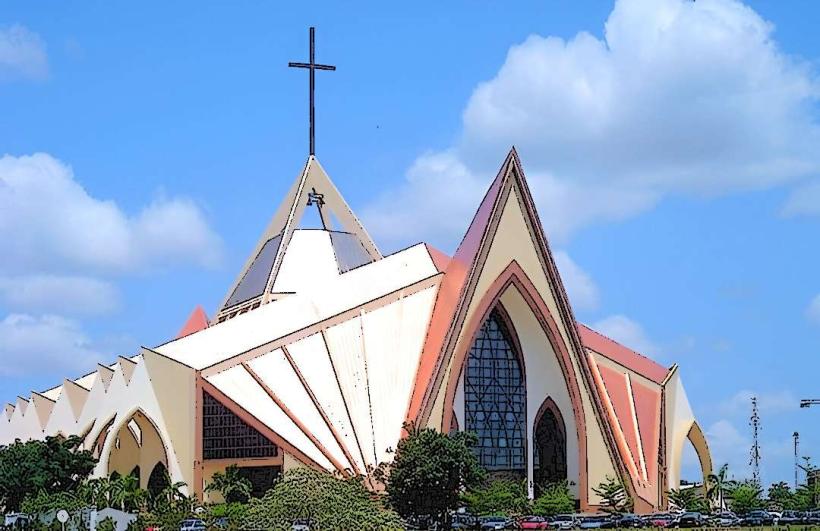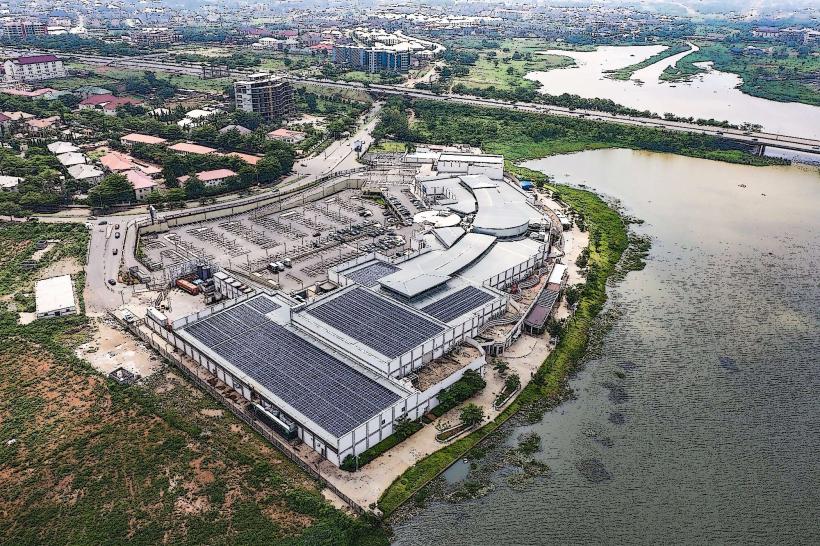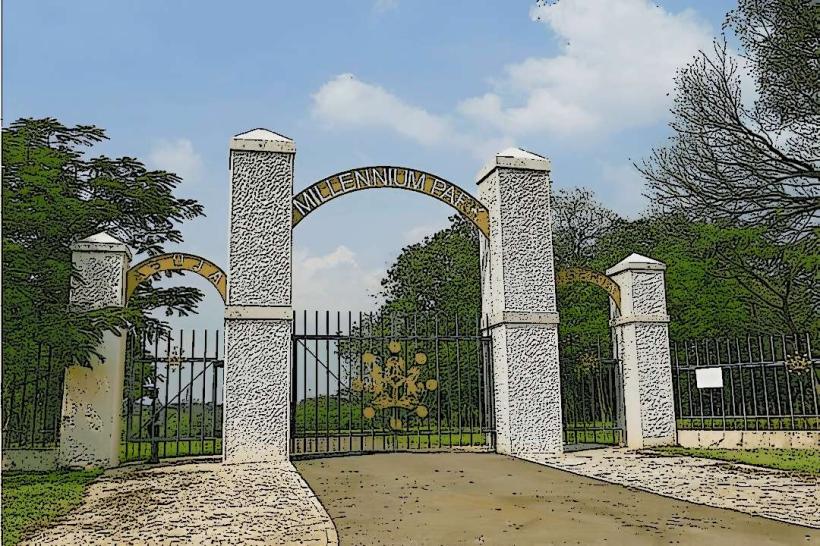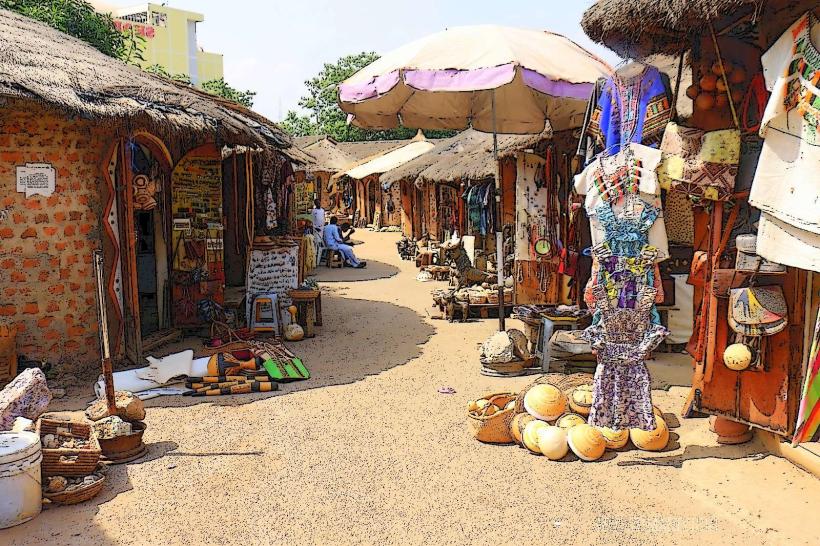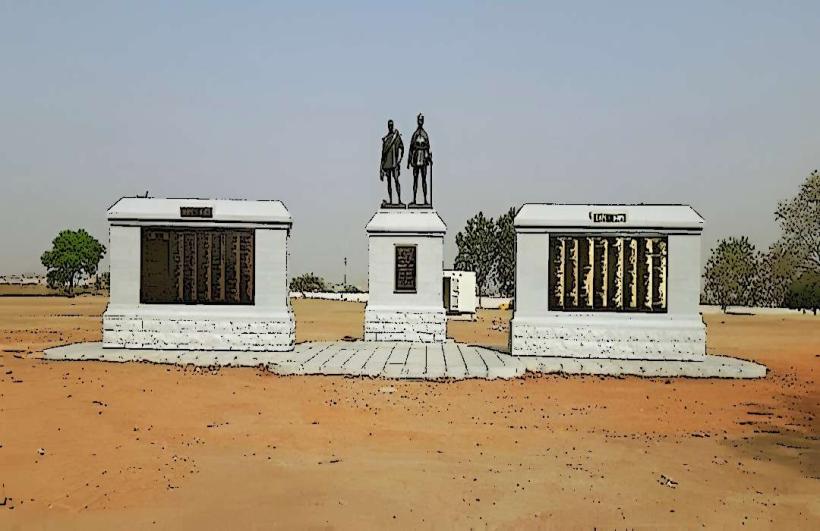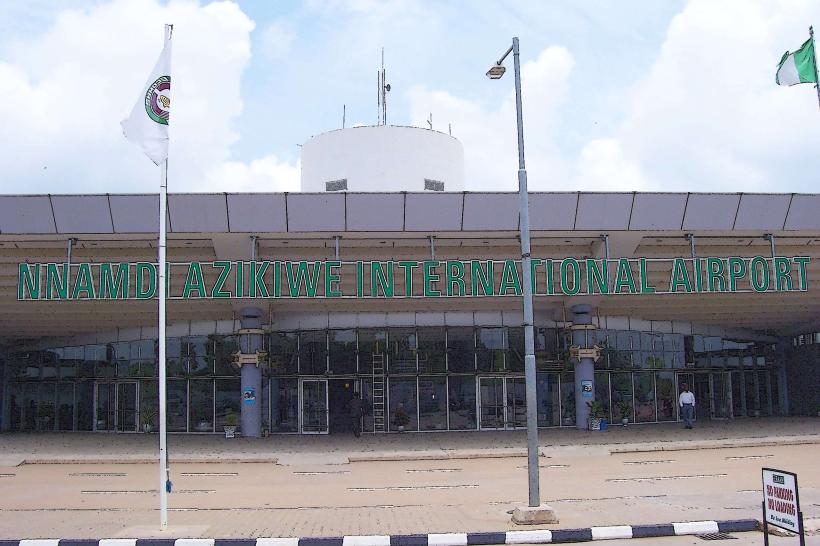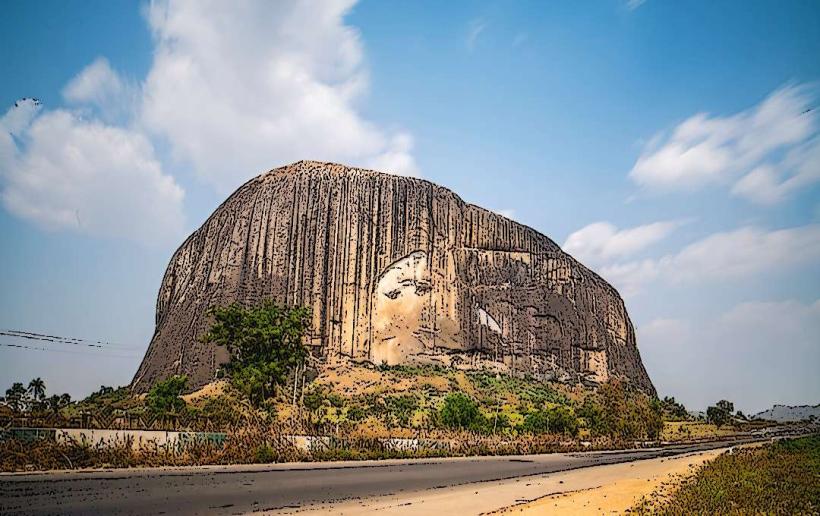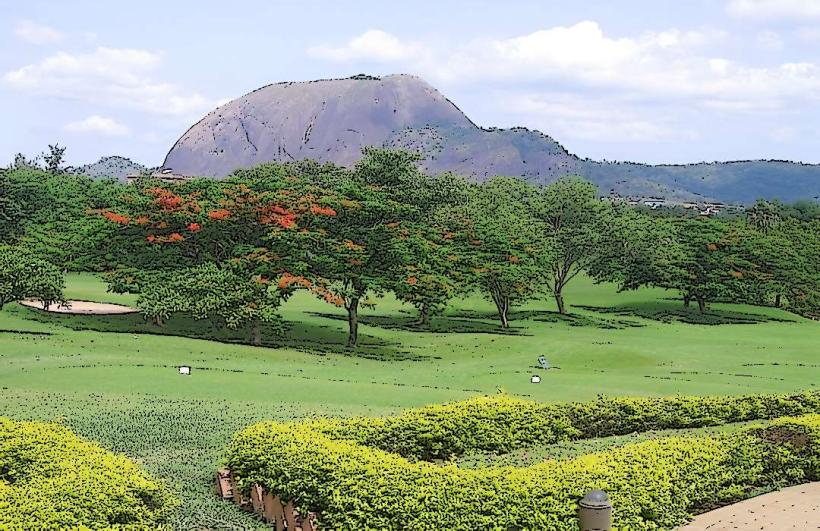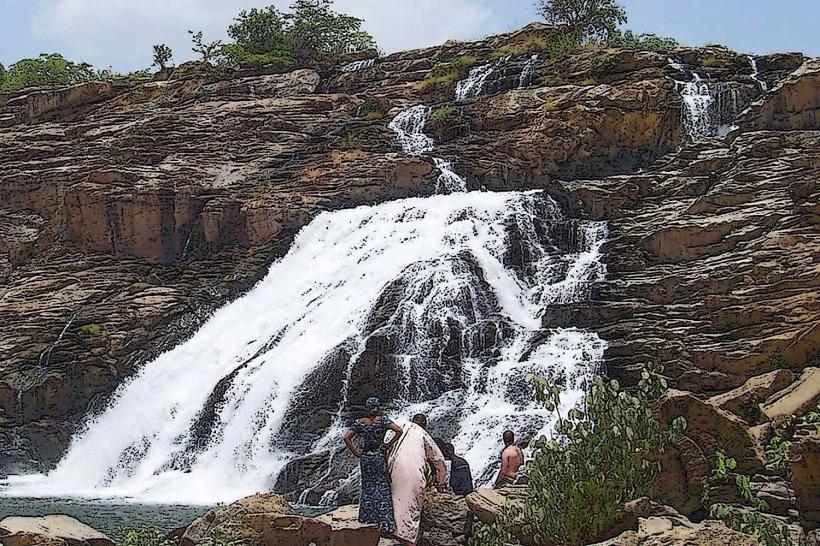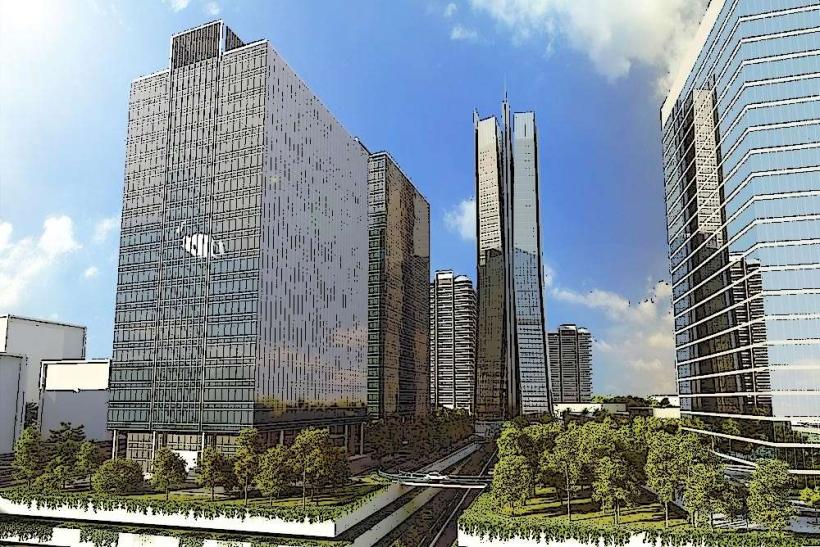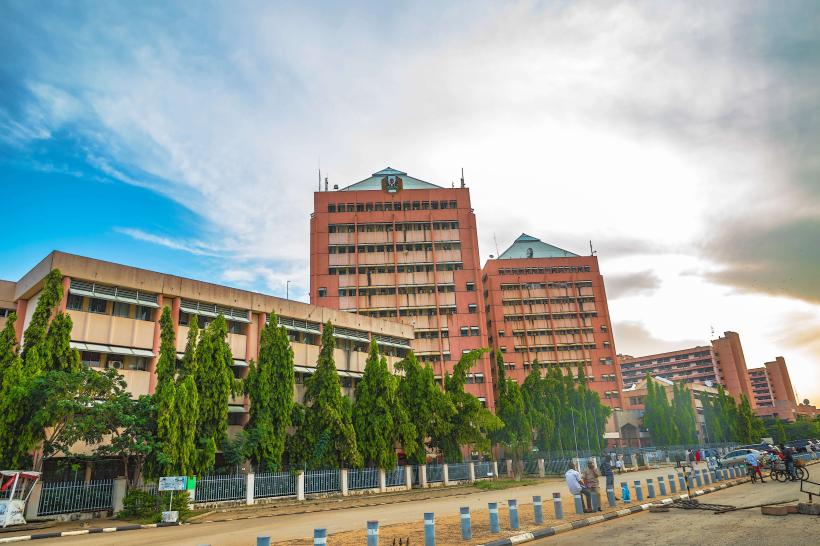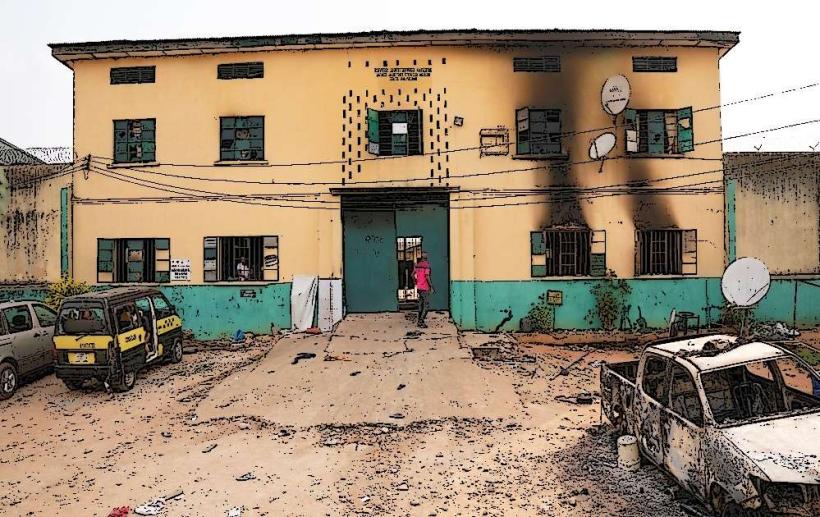Information
Landmark: Moshood Abiola National StadiumCity: Abuja
Country: Nigeria
Continent: Africa
Moshood Abiola National Stadium, Abuja, Nigeria, Africa
Certainly. Here's a comprehensive and detailed overview of the Moshood Abiola National Stadium (formerly National Stadium Abuja):
Overview
The Moshood Abiola National Stadium is a state-of-the-art multi-purpose sports and events complex located in Abuja, Nigeria. Initially commissioned as the National Stadium Abuja, it was renamed in 2019 to honor Moshood Kashimawo Olawale Abiola, a celebrated Nigerian politician and philanthropist, who is widely regarded as a symbol of democracy in Nigeria.
Location and Accessibility
Address: Constitution Avenue, Kukwaba District, Abuja, Nigeria.
Proximity: Close to the Abuja City Gate, with good road connectivity from central business districts and major suburbs.
Transport Access: Easily accessible by taxi, private vehicle, and public transport. It is located near major roads and thoroughfares.
History and Background
Planning and Construction:
Started: Year 2000
Completed: 2003
Primary Purpose: Built to host the 8th All Africa Games (2003).
Construction Cost: Approximately $360 million (making it one of the most expensive stadiums ever built in Africa at the time).
Design Firm: Schlaich Bergermann & Partner (Germany).
Construction Company: Julius Berger Nigeria PLC.
Stadium Structure and Facilities
Main Bowl
Total Capacity: 60,491 seats
Spectator Arrangement:
Lower Tier: 32,000 seats
Upper Tier: 28,000 seats
Roof: Cable-supported canopy roof with high-tension steel cables, offering partial cover for spectators.
VIP Areas:
56 corporate suites
A presidential suite and other hospitality boxes
Additional Facilities on the Complex
Indoor Sports Hall:
Capacity: 3,000
Used for basketball, volleyball, wrestling, and boxing
Olympic-size Swimming Pool:
Capacity: 2,000 spectators
Features both warm-up and competition pools
Gymnasium:
Capacity: 2,000
Used for indoor training, weightlifting, and gymnastics
Velodrome:
Indoor cycling track, unique in Nigeria
Also used for martial arts events and exhibitions
Tennis Courts:
Several outdoor courts
Regular venue for local and national tennis competitions
Hockey Stadium:
Capacity: 3,000
Full-size synthetic turf field
Athlete Accommodation:
Lodging facilities for visiting athletes and officials
Media and Press Facilities:
Includes media boxes, commentary booths, and press rooms
Equipped for live broadcast and media coverage
Medical Services:
Full first-aid and emergency response units
Ambulance bays and mini-clinic within the grounds
Safety and Security:
CCTV surveillance
Fire prevention systems
Trained security personnel
Evacuation and crowd control infrastructure
Utilities:
Independent power supply and water system
Helipad for emergency or VIP use
Notable Events Hosted
8th All Africa Games (2003) – The stadium’s inaugural event, attracting thousands of athletes from across Africa.
FIFA U-17 World Cup (2009) – Several key matches, including knockout rounds, were held here.
CAF Competitions – Venue for various African club competitions.
Super Eagles Matches – Home ground for Nigeria’s national football team.
Concerts and Religious Events – Occasionally used for mega concerts, crusades, and national events.
Independence Day Celebrations and Parades
Renaming to Moshood Abiola National Stadium
Date: June 12, 2019
Announced by: President Muhammadu Buhari
Reason: To honor M.K.O. Abiola, winner of the annulled 1993 presidential election, widely regarded as a martyr of Nigerian democracy.
Symbolic Date: June 12, now celebrated as Nigeria’s Democracy Day.
Current Condition and Usage
The stadium has undergone periods of reduced activity and has faced criticism over maintenance issues.
Recently, there has been a push by the Federal Government and private investors to revitalize the complex.
In 2021, the pitch and track were refurbished with the assistance of Aliko Dangote, Nigeria’s richest man.
There are plans for further concessioning of the stadium to private operators to ensure sustainability.
Significance
The Moshood Abiola National Stadium stands as a symbol of national pride, sports excellence, and democratic resilience. It is one of Africa's largest and most expensive sports complexes and continues to play a vital role in Nigeria’s sporting and socio-political landscape.

